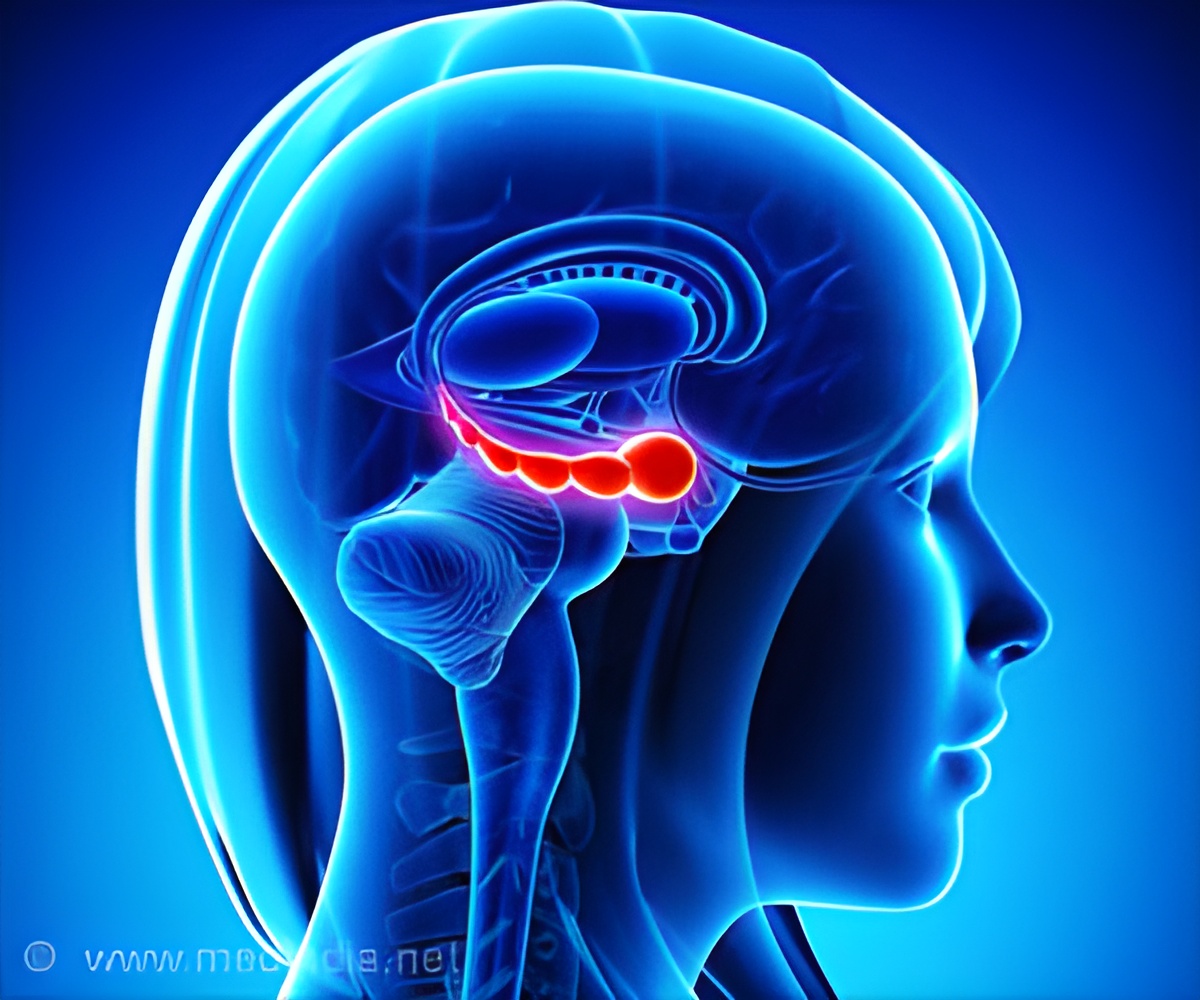Learning in neurons (brain cells) has been explored through VR (virtual reality) experiments with rats.

‘Learning in hippocampal neurons (brain cells) has been explored through VR (virtual reality) experiments with rats. This provides evidence to test virtual reality for early diagnosis and evaluation of various neurological disease and their treatments.’





“The hippocampus is one of the first regions to be affected in memory-based diseases like Alzheimer’s. So it is crucial to understand its functionality, flexibility and limits,” says the study’s lead author, Jason Moore, a former UCLA postdoctoral scholar who is now at New York University. Virtual Reality (VR) in Neurons
The scientists thus studied rats in a virtual reality maze to understand individual neurons in each animal’s hippocampus. The rats were encouraged to navigate through the maze to find their reward, a drop of sugar water.
This VR technology (developed in Mehta’s lab) specifically keeps the animals comfortable and avoids causing dizziness and other symptoms that other VR systems can trigger.
It was observed that hippocampal neurons encoded multiple aspects of the animal’s location — where it is in space, the angle of its body relative to its reward, and how far it has moved along its path — a phenomenon called “multiplexing.”
Advertisement
It is known that process of neural activity changes – neuroplasticity is mediated by a neurochemical called NMDA, which is a common target for drugs used to treat neurological disorders.
“Remarkably, neuroplasticity was far greater in the virtual reality environment than in simpler, real-world mazes. Further, this boosted neuroplasticity was related to performance,” says Mehta, a UCLA professor of neurology, neurobiology, and physics.
The team anticipates conducting similar research on rats and on humans with memory impairment, to test whether virtual reality can be used for early diagnosis and to evaluate the effectiveness of medications.
Source-Medindia









